TEN: POETS OF THE NEW GENERATION
Edited by Karen McCarthy Woolf
Ten: poets of the new generation presents the work of ten exciting British poets from diverse backgrounds. It is the third anthology from The Complete Works poetry mentoring scheme, a national programme supporting exceptional black and Asian poets founded by the writer Bernardine Evaristo in 2007. Already making a big impact on the British poetry scene, poets from the series have included Sarah Howe, the 2016 winner of both the T.S. Eliot Prize and the Sunday Times Young Writer of the Year Award; Mona Arshi, winner of the Forward Prize for Best First Collection 2016; and Warsan Shire, who collaborated with Beyonc on her visual album, Lemonade in 2016, which featured many of Shires poems.
This latest anthology in the Ten series will not disappoint readers hoping to discover more exceptional talent. It includes poets with even more diverse backgrounds, ranging from Somalia and Nigeria through to Jamaica and the multi-culturalism of Macau, and features the first poet from Latin America. These are poets who interrogate race and explode any ideas of a page/stage divide. Fierce, unexpected, sometimes beautiful and always passionate, here are ten poets to savour and enjoy.
The poets included are: Raymond Antrobus, Omikemi Natacha Bryan, Leonardo Boix, Victoria Adukwei Bulley, Will Harris, Ian Humphreys, Jennifer Lee Tsai, Momtaza Mehri, Yomi Sode and Degna Stone.
Cover artwork: Olivia Twist
Founded by writer Bernardine Evaristo, MBE, The Complete Works (TCW) has always had a specific, purpose: to counter the dismal lack of black and Asian poets published by major presses less than 1% in 2007.
At the time of its formation in 2008, there was no way of knowing if it would succeed: could the landscape of British poetry be shifted by just one initiative? An initiative that had at its heart not a major advocacy programme, but rather the development of exceptionally talented individual poets, ten per round?
The answer, as it turned out, was an unequivocal yes. Now in its third round, there is no doubt that the programme has exceeded all expectations to become one of the most successful diversity programmes in the history of British arts. BAME poets now make up between 12-14% of those published by major presses, a phenomenal shift.
And its not just about the numbers. Two poets from the previous round of The Complete Works, Sarah Howe and Mona Arshi, have won the T.S. Eliot and Forward First Collection Prize respectively. Warsan Shire became a household name after her poetry was used by Beyonc throughout the million-selling album Lemonade. Other TCW poets have been busy judging some of the worlds most significant poetry competitions and editing key journals and reviews. A further eight new collections are due to be published through 2017. All of this makes TCW an international leader as a poetry collective.
The poets in this anthology the third in the series published by Bloodaxe offer an exciting new chapter in the history of the The Complete Works. Its diversity continues to grow and become more complex: we have the first Anglo-Latino poet, the first hard of hearing poet and a significant LGBT presence. And poetry is found in everything from ancient myths to Grime, all framed with an unmistakably British accent. As editor Karen McCarthy Woolf notes, this is poetry in which diversity is synonymous with complexity it is poetry which demonstrates that the more we delve into diversity, the more we will find that each individual is unique.
And it is within this uniqueness that we are most likely to find similarities: not just through race and cultural affinities but because of the passions, obsessions and individual quirks which make each of us who we are. At a time when many of us find ourselves living in a post-truth political landscape, the most important thing we can do as artists or activists is to build bridges not walls.
And as the Complete Works poets have shown, by developing the unique voice of each exceptional individual we can change the paradigm of the poetry world and the wider world too. We can show that diversity and quality are synonymous, that art does have the power to change people and the societies they live in, and to offer us new ways of communicating being, even.
 NATHALIE TEITLER
NATHALIE TEITLER
The Free Verse report into diversity in UK poetry was published in 2007 by Arts Council England in association with writer development organisation Spread the Word.
Estimated; more detailed figures to be found in the updated version of Free Verse, published in autumn 2017.
A Beautiful and Necessary Complexity
The Complete Works exists in order to increase diversity in British poetry publishing. This, the third wave of ten poets, selected nationally from regions across the UK, is further, irrefutable testament to the success of that intention. In various and contrasting ways, the poets herein challenge the paradigm of identity as a political, historical and literary phenomenon. Their geographies are wide ranging: amongst the group all five continents are represented and consequently so too, moments of linguistic and cultural hyphenation and hybridity. The work is passionate, urgent; sometimes intricate, at others powerful in its simplicity and tenor. In one way or another, each poet pushes at the limitations of the binary, whether through form or content, absence or exposure. Adrian Mitchell famously wrote that most people ignore most poetry because most poetry ignores most people: the poets in Ten: poets of the new generation do the opposite. Not by writing work that becomes meaningless as polemic or stereotype, for these are the pitfalls of politically alert material, but by creating poems with a reach and ambition that stretches outwards towards the reader, with the skill and dexterity required to embrace the pressing complexities that this second decade of the 21st century presents.
And the notion of who that reader might be is also amplified through allusion and influence, from Whitney Houston to the Anglo-Saxon warrior queen thelfld, from Mahmoud Darwish to Li Po, from Grime to what Momtaza Mehri describes as a belief in the transformative power of cocoa butter and breakfast cereal in the afternoon.
Mona Arshi, mentor to Ian Humphreys, reports that Ian uses the term offcumden a Yorkshire dialect word that translates as outsider when discussing his poetics. Yet, there is a transformative and mesmeric quality to his writing that draws the reader centre-stage not to the Hughesian moor that one might expect of his locale, but rather to a breezy and irresistibly meandering contemplation of The Man in the Rah-Rah Skirt, as if an African-European-Latin/American-Asian version of Frank OHara had suddenly rocked up at the 592 bus stop in Halifax. This ability to surprise, in terms of tone and approach, is a communal feature of the anthology. These are poets, not only willing, but also at their most comfortable when expressing multiplicities, often situating themselves not at the margins of an establishment to which they have no access, but at the centre of their own, self-divined universe, at the touchpoint of the inbetween. At times that touchpoint is necessarily terse in its confrontations, as in Raymond Antrobuss stark yet affecting account of growing up Jamaican British, where cousins in Kingston called him Jah-English or Will Harriss tightly wrought Object a tautological consideration of the self as (non)binary construct. Antrobus explores his own experience of deafness, in a sequence, Echo and again the modalities of absence and presence play out, this time via sensory rather than cultural dimensions.

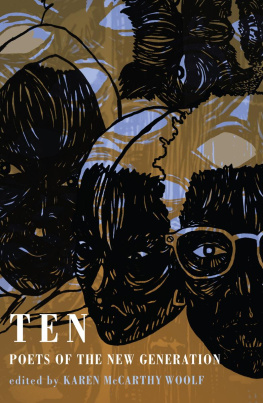
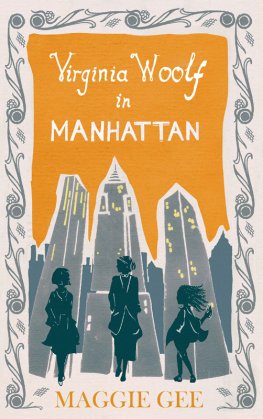
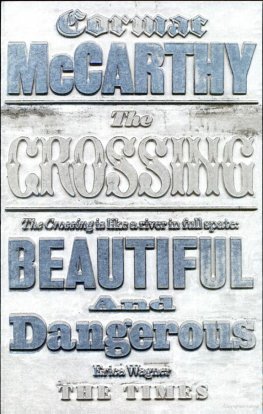
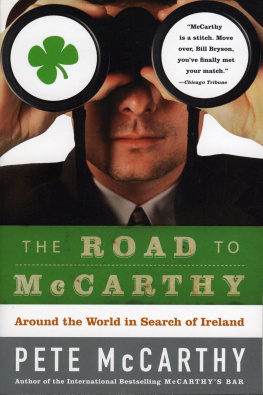

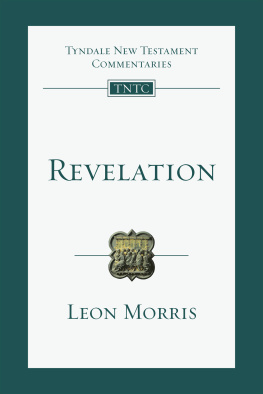
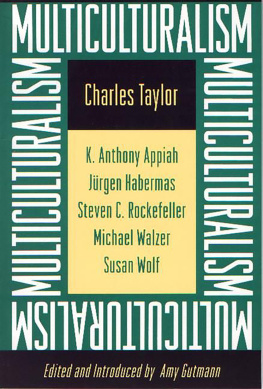
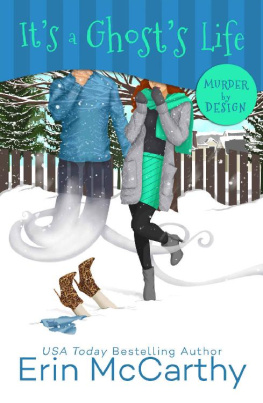
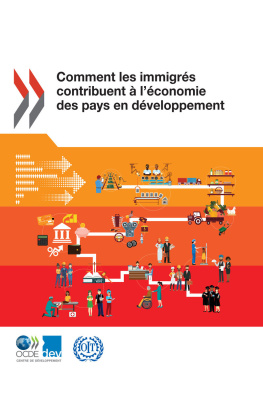

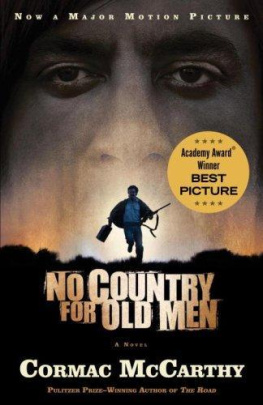
 NATHALIE TEITLER
NATHALIE TEITLER